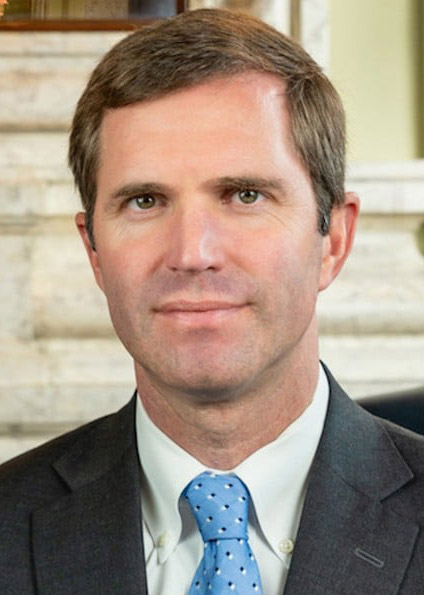Since the bill passed in the Kentucky House and Senate with bipartisan support, the legislature may be able to override the governor’s veto when it meets this month for the last two days of its session.
About the bill: S.B. 198 aimed to lay the foundation for nuclear development by establishing the Kentucky Nuclear Energy Development Authority, which would be attached to the University of Kentucky’s Center for Applied Energy Research and governed by an advisory board with members representing various stakeholder groups. It would support site suitability studies in the state to identify the best potential locations for nuclear reactors and related facilities and explore workforce and educational programs needed to support nuclear projects in Kentucky.
Advocates for the bill touted the push for nuclear as complementary—not in competition with—coal and other fossil fuels. Kentucky still relies on coal for 68 percent of its energy, though it’s a significant drop from the 90 percent that coal previously supplied to the state. Over the last two decades, coal plants have closed due to cheaper natural gas prices and stricter federal environmental scrutiny. That has led to a sharp decline in coal jobs, from nearly 12,000 miners in Kentucky in 2013 to roughly 4,700 at the end of 2023.

Carroll
GOP state senator Danny Carroll—a longtime nuclear champion and sponsor of the bill—has said Kentucky needs to embrace a cross-section of energy sources, including coal, natural gas, and renewables.
Louisville Gas and Electric Company/Kentucky Utilities Company (more commonly known as LG&E and KU), among other Kentucky utilities, has largely turned to natural gas and renewable energy as aging coal-fired power plants have reached retirement. Several coal plants in Kentucky have been identified as potential candidates for conversion to nuclear energy facilities.
The selection process: Carroll defended the appointment process for the Kentucky Nuclear Energy Development Authority, saying the intent is to have outside entities select a diverse group—minimizing political influence in the positions.
The authority would be a nonregulatory agency tasked with enhancing the economy, protecting the environment, supporting community voices, and preparing the future workforce.
Its board would include 15 at-large members selected by electric utility companies, the Tennessee Valley Authority, municipal utilities, the state’s chamber of commerce, the Kentucky Association of Manufacturers, and the Kentucky Conservatism Committee, just to name a few.
In his veto message, Beshear wrote, “The governance and structure of the authority is not only bad policy, but it is also unconstitutional by giving the governor or other constitutional officers no authority to appoint or remove voting members.”
What’s next? The governor did sign a related measure, Senate Joint Resolution 140, which directs the Kentucky Public Service Commission to make staffing and administrative preparations to review applications for the siting and construction of nuclear facilities in the state.
The legislature is scheduled to meet on April 12 and April 15, and leadership said overriding the governor’s vetoes will be a top priority.








